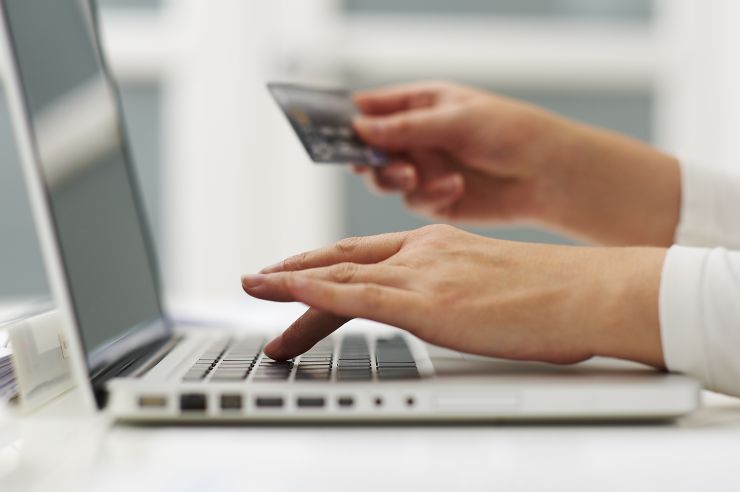
Owe Uncle Sam on taxes? Paying with your credit card might help you rack up perks — if you do it right.
The IRS takes checks and electronic fund transfers. The agency will also let you pay with plastic for a fee through a payment processing company.
Be aware that in general, paying your taxes with a credit card can damage your finances. The average interest rate on a credit card currently is at a record-high of 17.64 percent, according to CreditCards.com.
“Paying your taxes with a credit card is not free,” said certified financial planner David Mendels, director of planning at Creative Financial Concepts in New York.
On the other hand, if you have a rewards card and if you have enough money in the bank to pay the bill, you might want to weigh the pros and cons of using it to pay the IRS.
“We all love credit card rewards,” said Ted Rossman, industry analyst at CreditCards.com. “Everyone is enamored with cash back and free travel.”
Taxpayers seeking rewards
If taxpayers have sufficient funds, having to pay a large sum of money like taxes may incline you to consider getting rewarded for all of your spending.
However, receiving rewards on tax payments often ends up being a zero-sum game.
The IRS doesn’t accept payments directly from credit card companies, so the federal government provides three third-party service options — Link2Gov Corp., Official Payments Corp. and WorldPay US — to receive payments. However, all three services charge fees.
“It’s not astronomical, but it’s not nothing, either,” Mendels said.
The IRS-approved card processors charge a minimum convenience fee of 1.87 percent, and can charge up to 1.99 percent, while rewards programs usually only grant about 1 percent to 2 percent back on spending, Rossman said.
“These processing fees are going to wipe out the value of the rewards,” he said.
However, it may make sense to pay taxes with plastic if you’re eligible for a credit card sign-up bonus, Rossman said.
Consumers who have just applied for a card may be in line for bonuses in the form of points, miles or cash back.
Companies generally ask buyers to spend large amounts in the initial months in order to qualify. Therefore, you could use the tax payment to fulfill the spending requirements, especially if you don’t spend large sums of money regularly.
“That could be a nice way to maybe get a free trip or get several hundred dollars in cash back,” said Rossman.
Use cash you have on hand to pay off the balance on your card, after you’ve paid the taxes.
Zero-percent interest credit cards
If you don’t have cash up front, another alternative is to use a zero percent card.
Some of these cards won’t charge interestfor up to 21 months on balance transfers or 18 months on new purchases.
“These zero percent offers give you a great tailwind to get out of debt quickly,” said Rossman.
Here’s the catch: In order to maximize your benefit from these cards, you’ll need to pay off the balance before the allotted time expires, he said.
Late payments on these cards can cause interest — and your expenses — to skyrocket.IRS installment plans
If you’re short on cash and you want to avoid going into debt, consider working with the IRS to pay in installments.
Short-term installment plans allow you to pay within 120 days without set-up fees and with minimal interest.
Rossman said that while this option from the IRS may be generous, it may not offer enough time to pay the bill in full.
With a long-term IRS payment plan, taxpayers generally get up to six years to pay off a debt. However, you’re responsible for a set-up fee, which ranges from $31 to $225.
The IRS will also assess interest and penalties until you pay off your debt.
“If you don’t have an alternative, you’re still probably better off trying to work something out with the IRS,” said Mendels.


